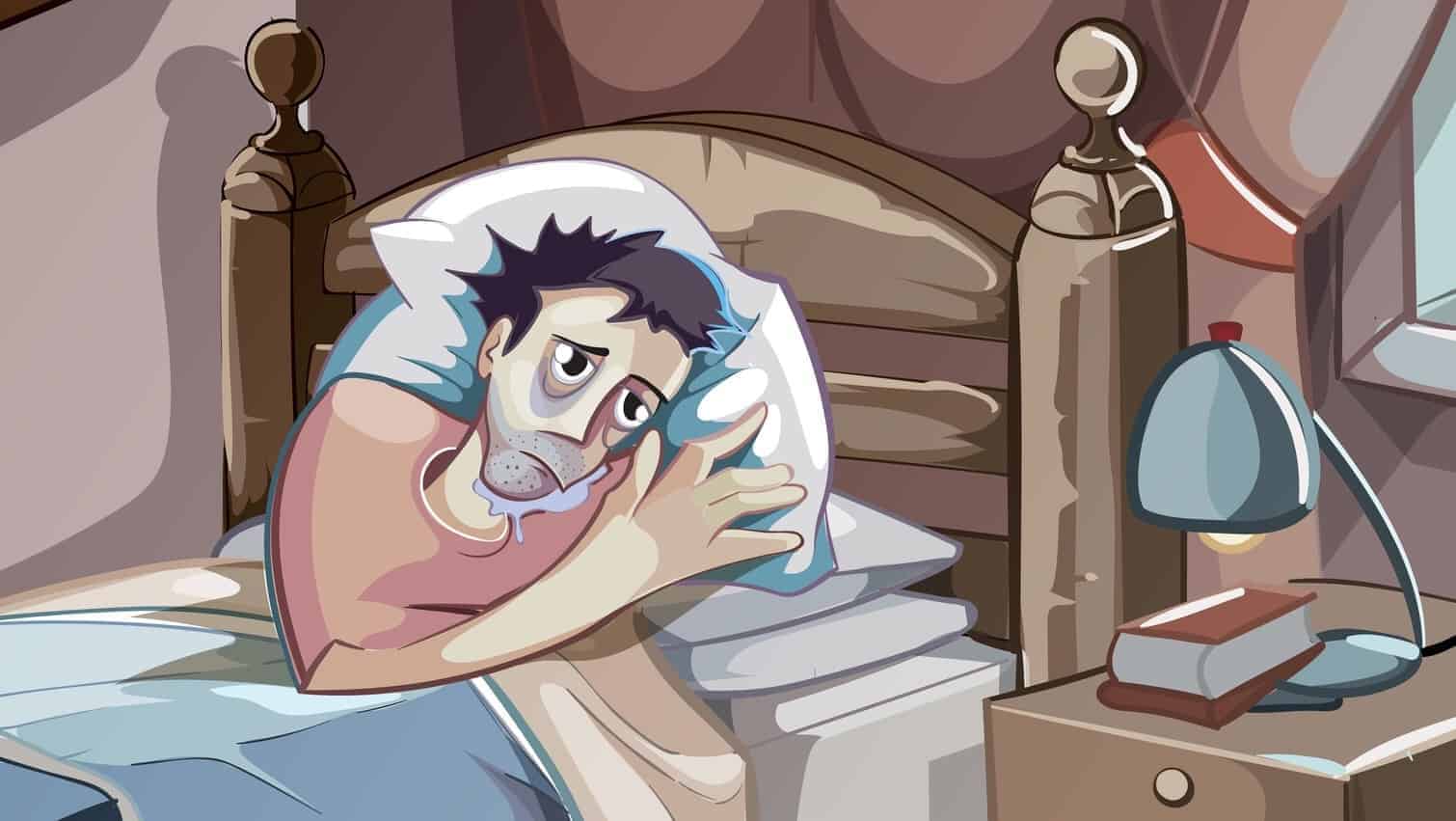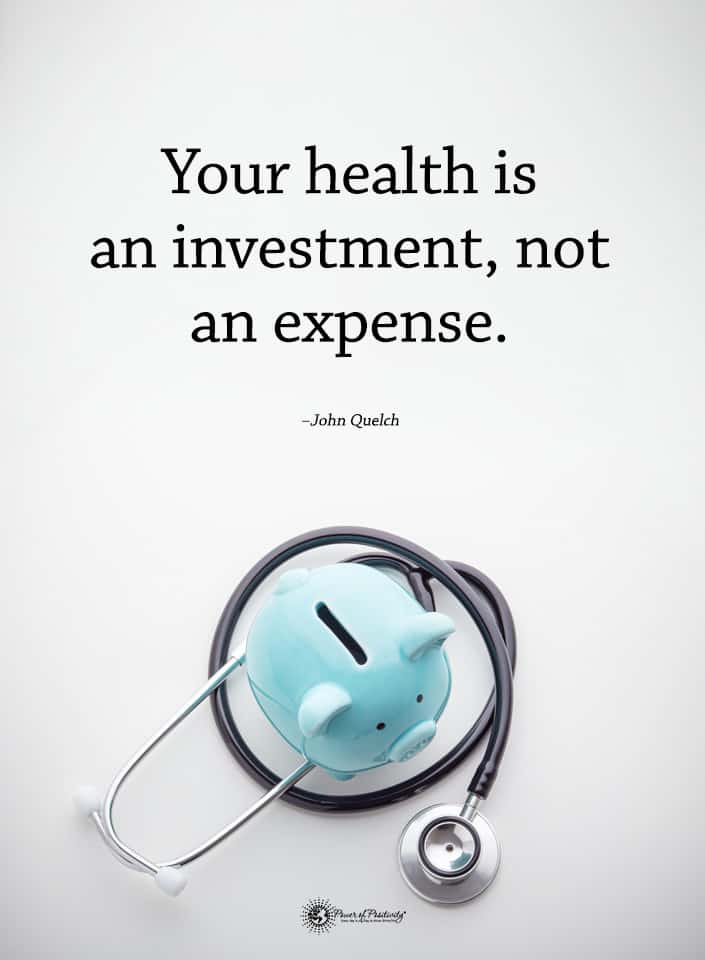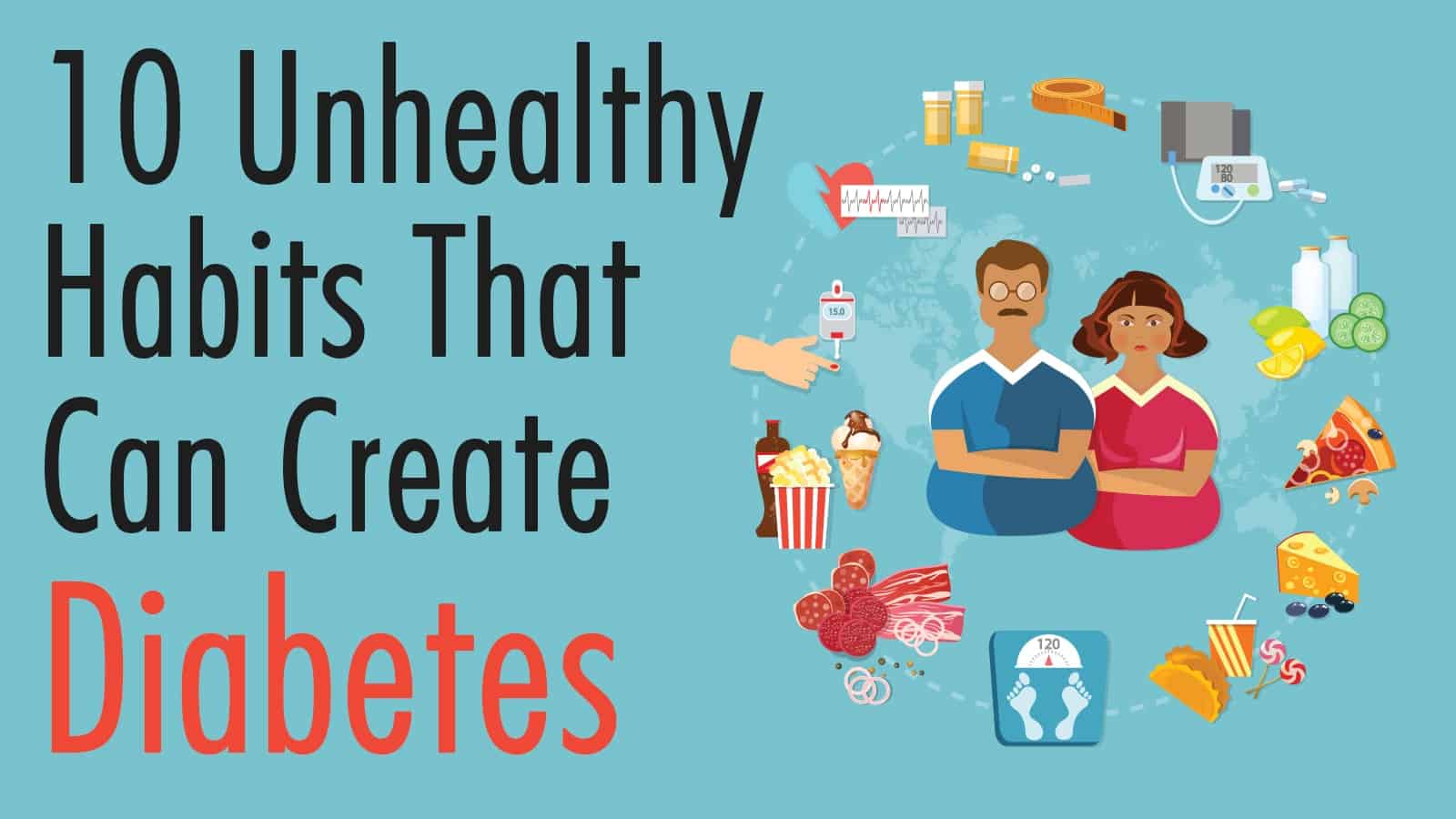Sleep is certainly an enjoyable and relaxing activity. It is also one of the most essential activities for protecting us from both our mental and physical diseases. Closing our eyes for at least a few hours every night allows our body to reboot and recharge after a long and strenuous day. The body and the all-important brain undergo several vital processes during sleep that are critical to human function.
It makes sense, then, that sleep deprivation can cause serious problems. In many ways, we can feel the problems shortly after waking up. We can’t concentrate and are extremely slow in starting our day. When this happens daily, our short- and long-term health can suffer serious consequences.
Years of scientific research have been conducted that demonstrates what goes on when we don’t prioritize sleep – or, to be fair, when one can’t sleep due to medical reasons. This research shows that sleep deprivation can cause several serious, and potentially life-threatening, health problems.
Here, we discuss five dangerous conditions or diseases that can surface due to insufficient sleep. We’ll follow up this material with five ways in which we can all improve both the quality and quantity of our shuteye, as recommended by the National Sleep Foundation!
Sleep plays an important role in your physical health. For example, sleep is involved in healing and repair of your heart and blood vessels. Ongoing sleep deficiency is linked to an increased risk of heart disease, high blood pressure, diabetes, and stroke. – National Heart, Lung, and Blood Institute
First, here are the five conditions or diseases:
1. Alzheimer’s
In a 2013 study conducted by John’s Hopkins University (JHU), researchers concluded that poor sleep habits can be a cause of Alzheimer’s Disease (ALS). Furthermore, this same study concluded that lack of sleep can expedite disease progression. The study was initiated by previous research, positing that sleep was essential to eliminating waste-like buildup that accumulated in the brain called “cerebral waste.”
The 70 research subjects involved in the JHU study were between 53 and 91. Subjects that continuously reported poor sleep showed a disproportionate amount of beta-amyloid in areas of their brain. Beta-amyloid is a compound substance that has been directly linked as a definitive indicator of ALS.
2. Prostate Cancer
In a study consisting of 2,425 Icelandic men between the ages of 67 and 96, researchers discovered that men with sleep problems were 60 percent more likely to develop prostate cancer. Shockingly, this number increased two-fold when participants reported difficulty staying asleep. Furthermore, researchers discovered that sleep deprived males were more susceptible to the cancer advancing to the late stages.
Scientists attribute the correlation between cancer and sleep deprivation to low melatonin levels. Melatonin is an important chemical for suppressing tumor growth. When this chemical is too low – as it is with people who are sleep deprived – it becomes possible to accelerate cancerous growths.
3. Cardiovascular Disease
In simple terms, poor sleep is absolutely terrible for heart health. Poor sleep has been linked to cardiovascular disease for years; however, it wasn’t until just recently that scientists discovered a stronger correlation than before. In a 14-year study of 657 Russian men, two-thirds of those that experienced a heart attack also had a sleep disorder.
Additionally, subjects reporting a sleep disorder were 2.6 times more likely to develop a myocardial infraction, and 1.5 to 4 times more likely to experience a stroke.
4. Obesity and Diabetes
Loads of research had already concluded that a link existed between diabetes and poor sleep habits. However, a University of Chicago study further extended this link to include potential obesity – a condition known to precede diabetes. Researchers discovered that little sleep can exacerbate the accumulation of fatty acid levels within the blood, negatively altering how the body regulates blood sugar.
In the study of 19 men, researchers discovered that those who slept only four hours over a three night span had higher levels of fatty acid within the blood – up to a 30 percent increase over subjects who received 8 hours of sleep.
5. Suicidal thoughts or Suicide
While this isn’t a disease and is more considered an illness, this one is both surprising and extremely disturbing. In a 2014 study conducted at the Stanford University School of Medicine, researchers found a correlation between lack of sleep and the incidence of suicide. During the 10-year study, 20 of the 420 participants that committed suicide reported having suffered from poor sleep. Ultimately, researchers concluded that individuals who lack sleep are 1.4 times more likely to end their lives. Additionally, this risk increases with a combination of advanced age and stress levels.
Final Thoughts: Tips to Improve Your Sleep
It is quite clear that sleep is essential to our health and wellness. It is a crucial activity for reducing the risk of many diseases and conditions. For this reason, we’ll list a few ways to improve sleep quality, as the National Sleep Foundation (NSF) suggested.
Here are the five tips:
#1 Develop and maintain a sleep schedule; make it a priority to wake up and go to bed simultaneously every night, even on the weekends.
#2 Relax every night before bed. Try to practice a routine activity (e.g. reading, meditation) as a habit every night before falling asleep.
#3 Exercise daily. Exercise is an indispensable activity for improving sleep. Do anything to get your body in motion and break a sweat.
#4 Look at your sleep environment. Is your room at the right temperature? It should be between 60-70 degrees Fahrenheit (?16-21 degrees Celsius). The room should be cool, free from light, and isolated from noise.
#5 Look at your pillows and mattress. Are they conducive to good sleep? If not, many bedding stores with knowledgeable staff can provide some suggestions.


















